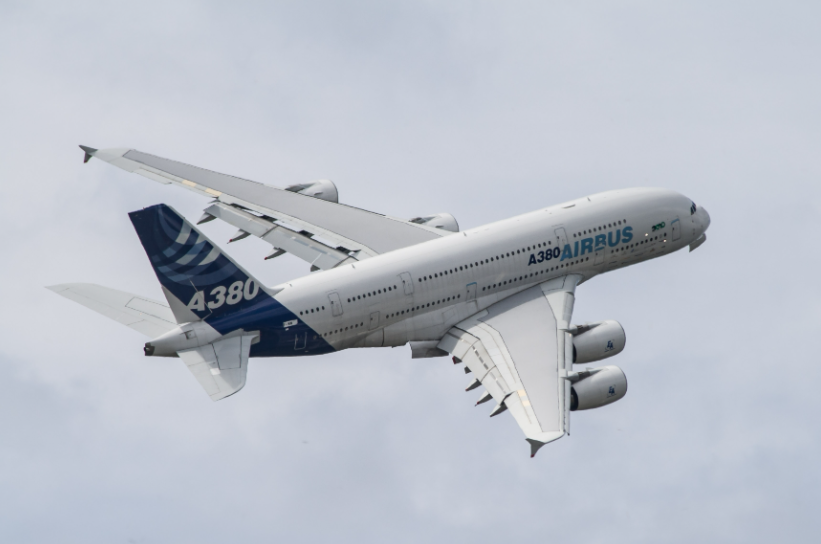The European Union has announced the closure of its airspace over Russian aircraft
With the development of the Russia Ukraine situation, the war has now spread from the financial sector to the aviation sector.
The European Union has announced the closure of its airspace over Russian aircraft, including those belonging to Russia, registered in Russia, and controlled by Russia, as well as private aircraft. In addition to the European Union, countries such as the United States, Canada, and the United Kingdom have also joined the camp of imposing a "no fly" policy on Russia.
Russia is not showing weakness in the joint "no fly" sanctions imposed by Europe and the United States. The Russian Federal Air Transport Agency recently stated that in response, Russia has also decided to impose restrictions on flights operated by airlines from a total of 36 countries, including Canada and several European countries.

Affected by the "no fly order", several European international airlines such as Lufthansa and KLM Royal Dutch Airlines have announced that they will temporarily suspend flights passing through Russian airspace. Major US airlines such as Delta Air Lines and American Airlines have also suspended flights flying over Russian airspace.
The mutual "no fly order" between Russia and Europe means that the westward flights of Aeroflot are subject to widespread restrictions. At the same time, under the "no fly" policy in Russian airspace, international air routes between multiple European countries and Asia (especially Northeast Asia) are expected to be affected.
Russia has a high geographical latitude and a land area spanning across the Eurasian continent, which gives it the advantages of short flight distance and high economy in connecting flights between Europe and Asia. As a result, its airspace has become an important air corridor for flights between the Eurasian continent. The "no fly" policy in Russian airspace means that European countries have to reconsider the issue of crossing airspace and air traffic rights.
For Russia, the impact is also significant. According to foreign media reports, most flights from Europe to Asia pass through Russian airspace every day. Based on its geographical advantage, Russia can charge international airlines hundreds of millions of dollars in overflight fees every year. Russia's implementation of airspace "no fly" restrictions on multiple European countries means that this considerable revenue may be affected.
At present, the mutual "no fly orders" between Russia and Europe have affected air routes in multiple regions. Many European international airlines have temporarily suspended flights to and from countries in Northeast Asia due to flight plans that cannot avoid Russian airspace, and are attempting to bypass Russia to open up new flight paths.
Source: Military of Strong Countries